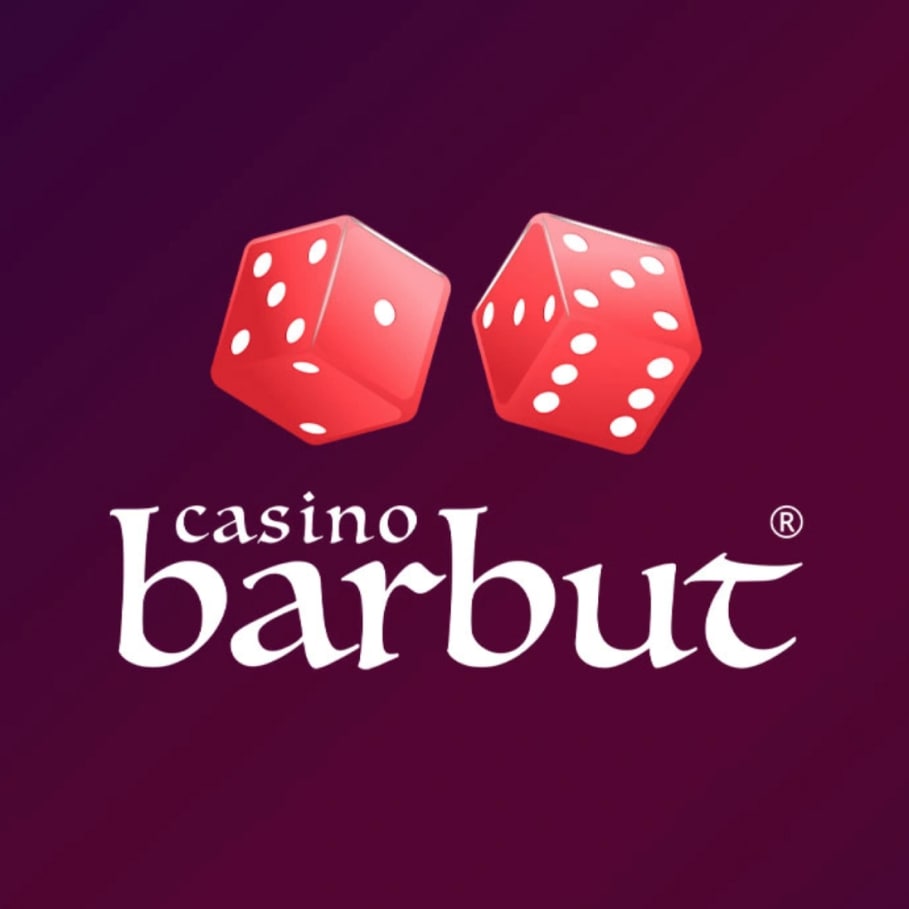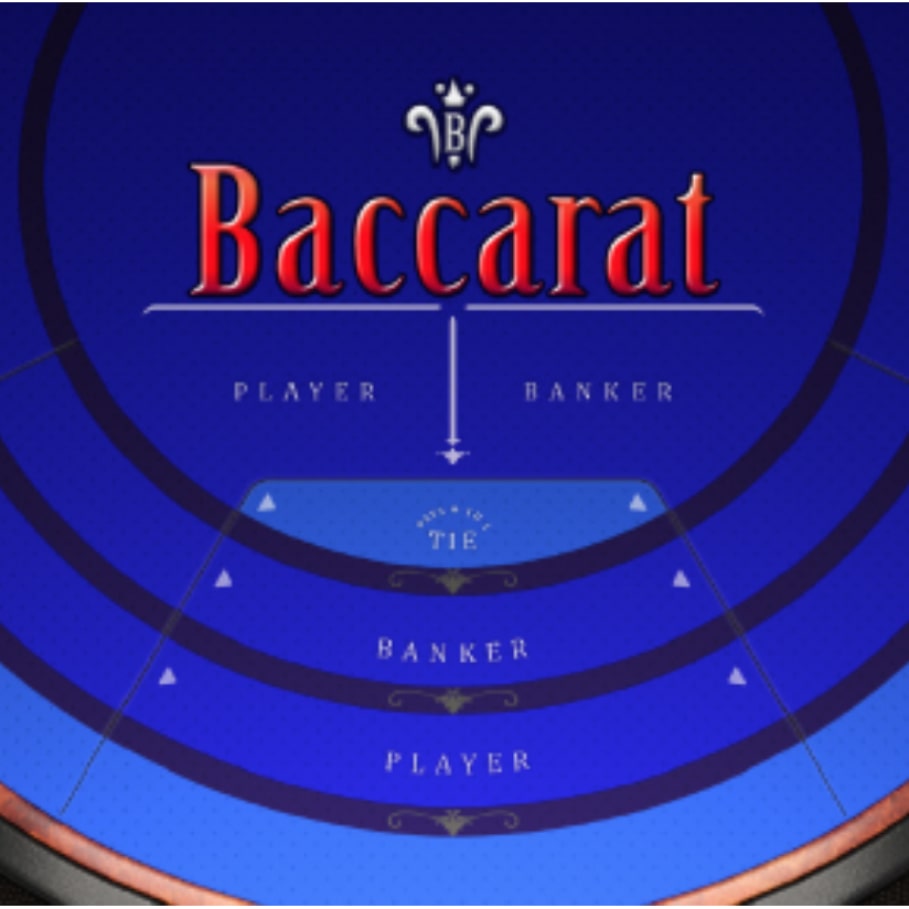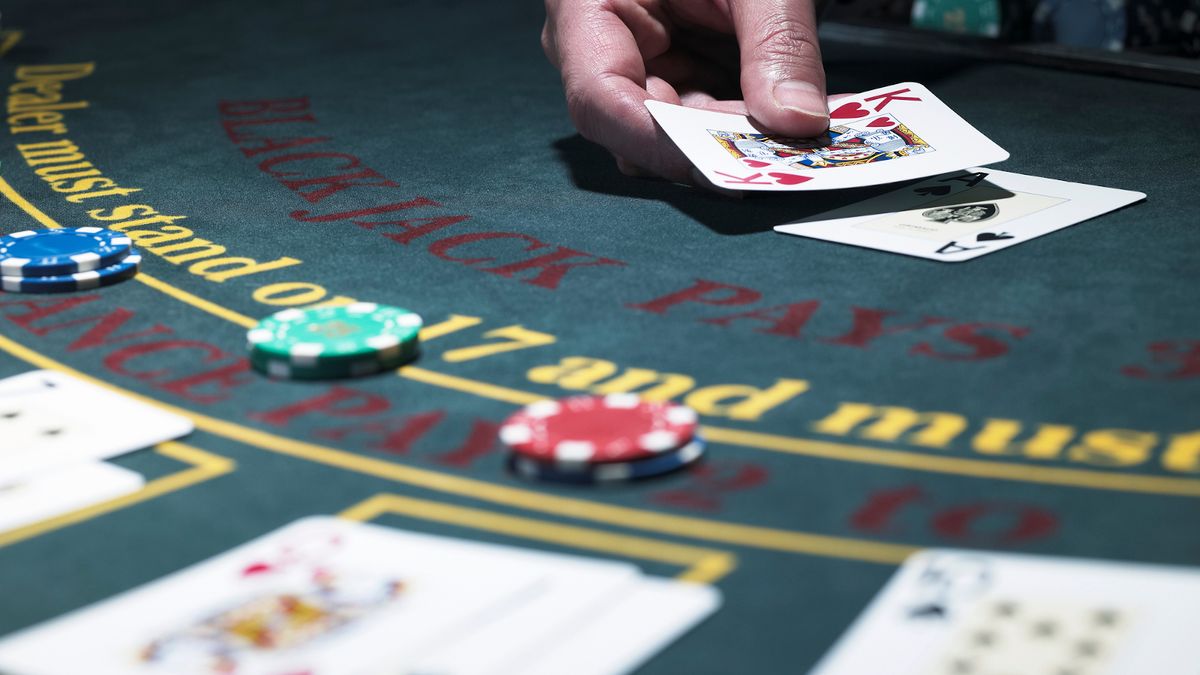How Does Counting Cards in Blackjack Work? Mental Floss

Owning a casino isn’t much of a gamble. In almost every game, the casino has a statistical advantage—so for every one gambler raking it in, there’s more than enough people leaving with empty pockets to net an enormous profit. But between the rolling dice By William Herkewitz|2014-06-03T08:00:00Z
In a normal game of blackjack played with a single deck of cards, the “house edge”—the statistical likelihood that the casino will come out on top—is essentially nil. That means that if you play according to the very best strategy available (by memorizing and following the optimal method), in the long-run you’ll break even. That doesn’t sound like much, but blackjack is the only table-game that can claim such advantageous odds. And it’s these odds that make blackjack ripe for card counting.
In simple terms, “counting cards” just means keeping a tally of certain cards while the dealer burns through the deck. By keeping that tally—although you still play with the same strategy as before—you know approximately which cards are more likely to come up for both you and the dealer in the next hand.
And that little bit of information can tell you when to bet big, or when to bet small. Having more low-numbered cards left in the deck is bad. It means you’re less likely to get a blackjack (21 points on your first two cards, which pays a bonus) and the dealer is less likely to “bust”—get over 21 points worth of cards—due to the dealer’s rigid betting rules. And more high-numbered cards are good for the opposite reasons.
If played correctly, counting cards improves your odds by around 1 percent. Again, that doesn’t sound like much, but over many, many hours and even more hands of cards, you can count on netting in the green.
In Practice
There are more than a few card counting strategies, but perhaps the best and easiest is a system called High-Low.
Using the High-Low strategy, the card counter only has to keep a simple mental tally of three groups of cards. Every time he or she sees a high number card played on the table (the 10s and all the face cards), the counter subtracts 1 from his or her tally. For every low number card (the twos through sixes) the counter adds 1 to his or her tally. The middle cards (the sevens, eights, and nines) are simply ignored.
If, for example, the running tally is at +3, that means the upcoming cards are more likely to be high, and thus it’s advantageous for the player to bet big. If the tally is at -2, the odds are on the dealer’s side because of the forthcoming low cards, and so it’s best to bet small. And when the deck is shuffled, the count goes back to 0.
With enough time, this straightforward tally becomes effortless. But the key to success is practice. Card counting is a long-term strategy, and keeping your 1 percent edge requires playing by the book game after game, while keeping count of what cards are rapidly being dealt and flipped on the table. And in a bustling casino brimming with coming and going players, that means staying focused.
Not Getting Caught
Despite what any casino would like you to think, card counting is not illegal. You’re not cheating—you’re simply out-thinking the house. But casinos know that card counters can and will lose them money. And they take advantage of their right to deny service to anyone they please by searching for and kicking out suspect gamblers.
From a casino’s perspective, a telltale card counter is someone who’s hyper-focused on the game, and plays for long stretches of time, and bets amounts that vary wildly and seemingly randomly (as the odds swing in or out of the card counter’s favor). But there are a few ways you can fool the casino.
First, don’t look the part. Dress like a tourist, chat with the dealer, and take your time when betting—normal players don’t have a betting strategy drilled into them. This is also where your card counting practice will help, because if keeping your tally becomes truly effortless, small-talk won’t derail your work.
Second, vary your bet minimally. While this decreases your advantage, it increases your card counter camouflage. Doubling or tripling your bet suddenly is the quickest way to flag yourself, and not only will that draw unwanted attention, but the dealer will likely shuffle the deck, ruining your count. So try to fly under the radar of the pit bosses and ever-present eyes of the casino’s security.
Lastly, don’t stay at one casino or one table for too long. As a card counter, you’re now the only (legal) snag in a casino’s otherwise solid business strategy—a wandering statistical anomaly—so take your show on the road.
Use these Blackjack Strategy Charts to learn the correct decision for every hand. Basic Strategy is the first step to beating blackjack with card counting
This site only collects related articles. Viewing the original, please copy and open the following link:How Does Counting Cards in Blackjack Work? Mental Floss
























































































































































































